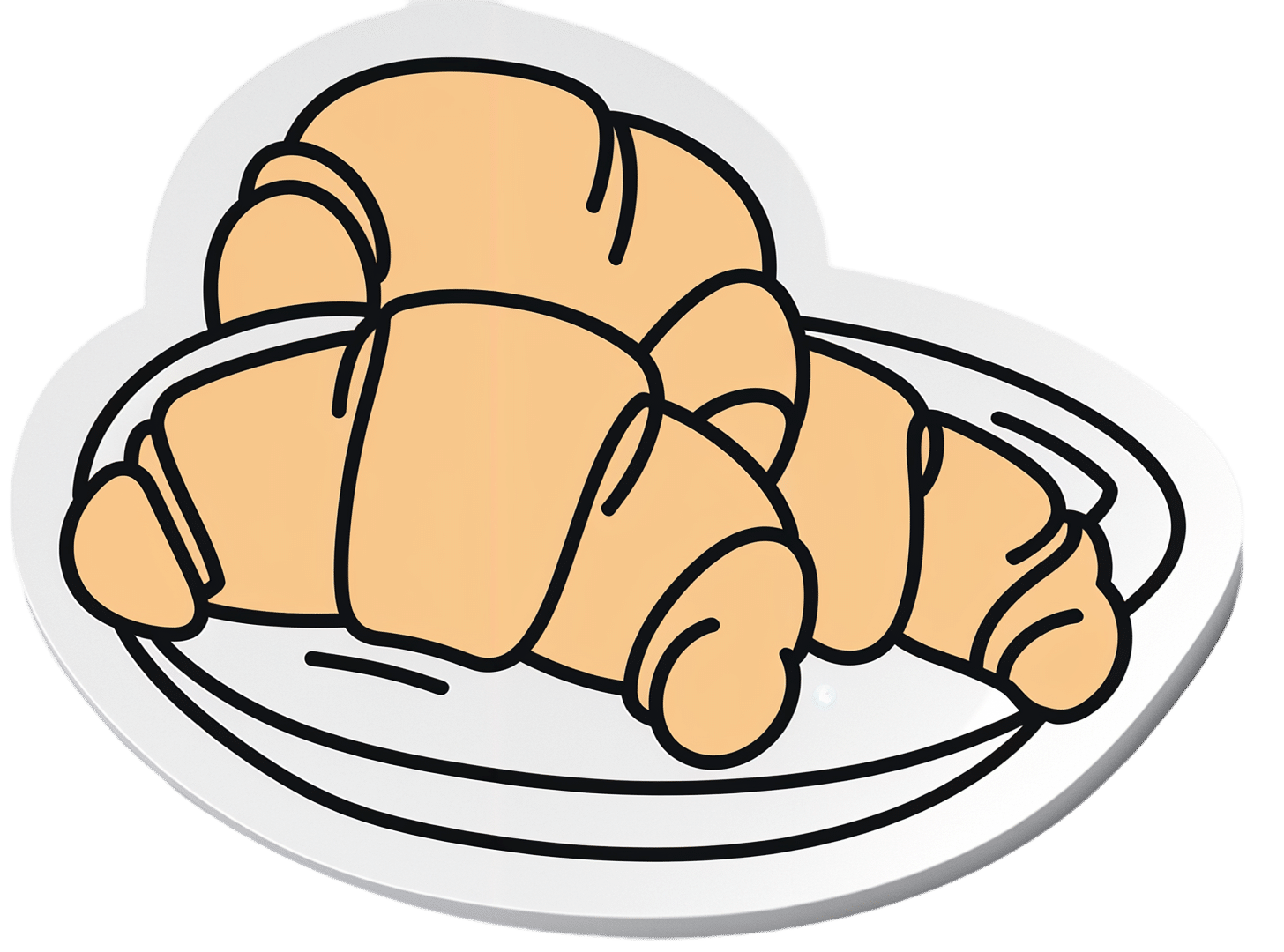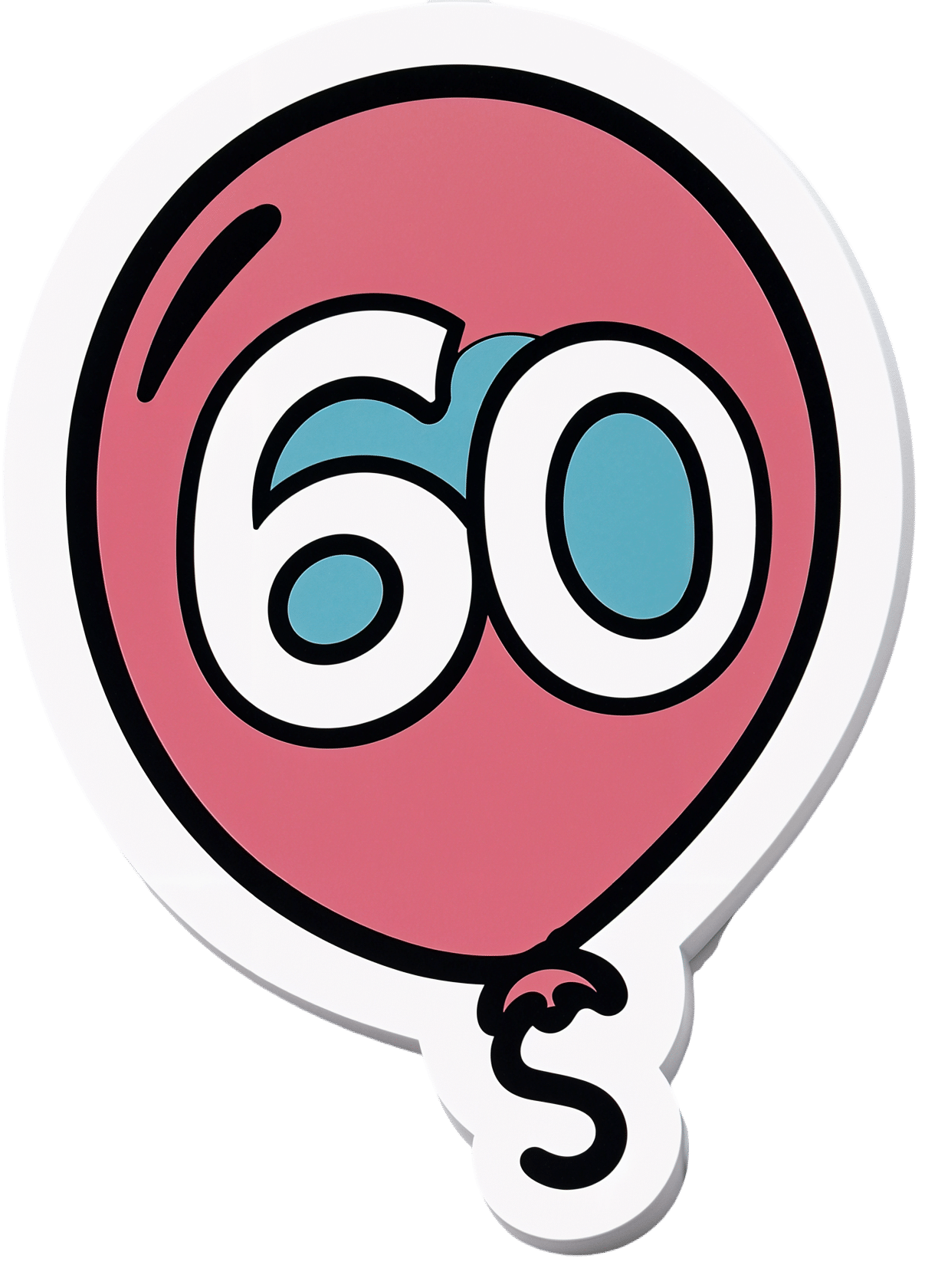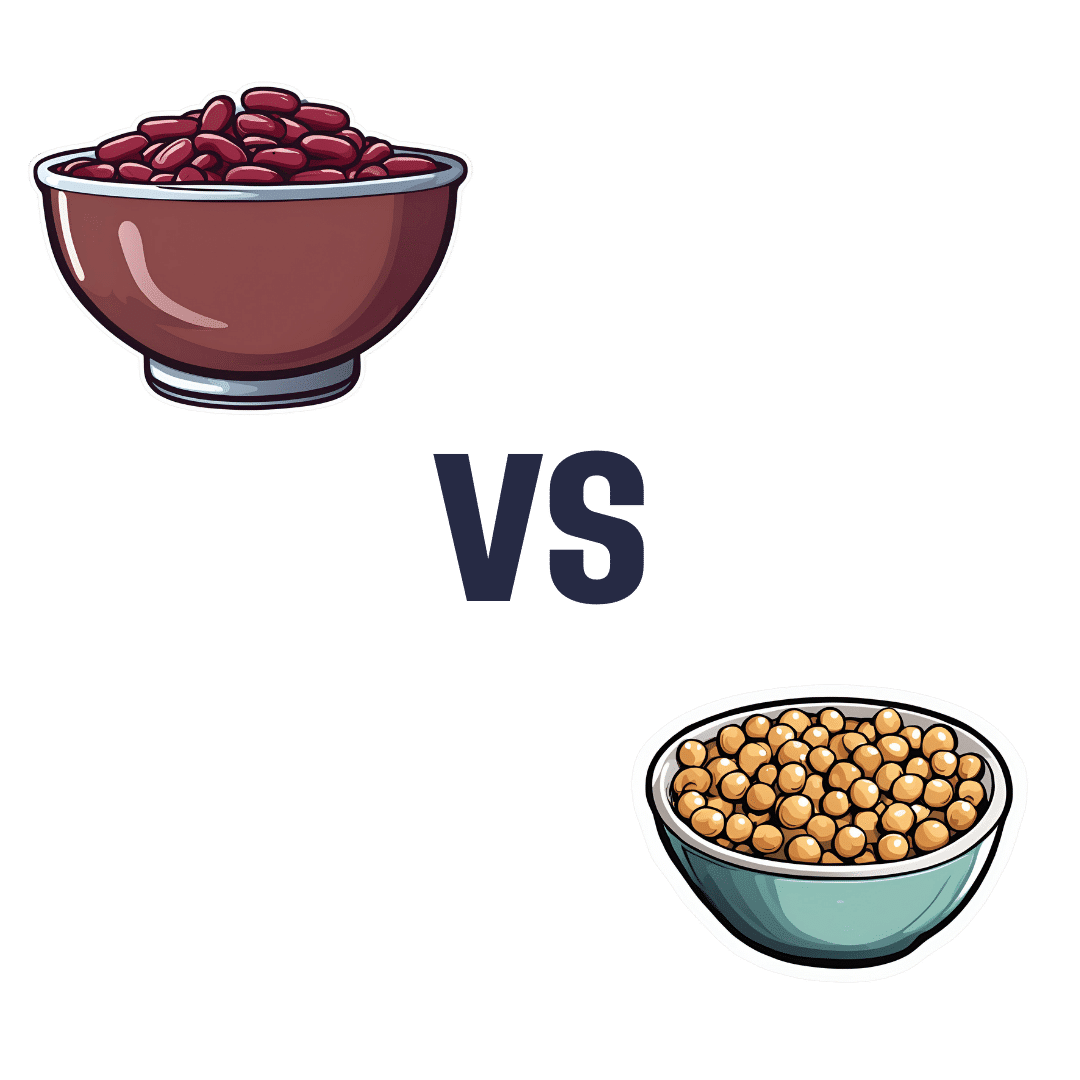
Self-Care That’s Not Just Self-Indulgence
10almonds is reader-supported. We may, at no cost to you, receive a portion of sales if you purchase a product through a link in this article.
Self-Care That’s Not Just Self-Indulgence
Self-care is often seen as an excuse for self-indulgence. Worse, it’s often used as an excuse for self-indulgence—in ways that can end up making us feel worse.
It’s a bit like dietary “cheat days”. If your diet needs cheat days, your diet probably isn’t right for you!
How to recognize the difference between self-care and self-indulgence?
Statistically, the majority of our subscribers are parents (whose children are now mostly grown up, but still, the point is that parenting experience has been gleaned), and/or are or have been caregivers of some form or other.
When a small child is ill, we (hopefully!) look after them carefully:
- We don’t expect too much of them, but…
- …we do expect them to adhere to things consistent with their recovery.
Critically: an important part of self-care is that it actually should be care.
Let’s spell something out: neglect is not care!
How this works for physical and mental health
If you overdo it in physical exercise, it’s right and correct to take a break to recover, and during that time, do things that will hasten one’s recovery. For example:
Overdone It? How To Speed Up Recovery After Exercise
But it’s well-known that if you just do nothing, your condition will likely deteriorate. Also, “a break to recover” is going to be as short as is necessary to recover. Then you’ll ease back into exercise, but you will get back to it.
For mental health it’s just the same. If we for whatever reason need to take a step back, it’s right and correct to do take a break to recover, and during that time, do things that will hasten one’s recovery.
Sometimes, if for example it’s just a case of burnout, rest is the best medicine, and even rest can be an active process. See for example:
How To Rest More Efficiently (Yes, Really)
So the question to ask, when it comes to self-care vs self-indulgence, is:
“Is this activity helping me to get better?”
Some examples:
Probably not great self-care activities:
- Oversleeping (unless you were sleep-deprived, in which case, it’s better to get an earlier night than a later morning, if possible)
- Overeating (comfort-eating is a thing, but your actual problems will still be there)
- Mindless activities (mindless scrolling, TV-watching, game-playing, etc)
Probably better self-care activities:
- Enjoyable physical activity (whatever that may be for you)
- Preparing your favorite food, and then enjoying it mindfully
- Engaging in a personal project that might not be that important, but it’s fulfilling to you (hobbies etc can fall into this category)
- Scheduling some time, and committing some resources, to tackling whatever problem(s) you are facing that’s prompting you to need this self-care.
- Doing the tasks you want to hide away from, but making them fun.
What’s your go-to self-care? We love to hear from you, so feel free to hit “reply” to this email, or use the handy feedback form at the bottom!
Don’t Forget…
Did you arrive here from our newsletter? Don’t forget to return to the email to continue learning!
Recommended
Learn to Age Gracefully
Join the 98k+ American women taking control of their health & aging with our 100% free (and fun!) daily emails:
-
Focusing On Health In Our Sixties
10almonds is reader-supported. We may, at no cost to you, receive a portion of sales if you purchase a product through a link in this article.
It’s Q&A Day at 10almonds!
Have a question or a request? You can always hit “reply” to any of our emails, or use the feedback widget at the bottom!
In cases where we’ve already covered something, we might link to what we wrote before, but will always be happy to revisit any of our topics again in the future too—there’s always more to say!
As ever: if the question/request can be answered briefly, we’ll do it here in our Q&A Thursday edition. If not, we’ll make a main feature of it shortly afterwards!
So, no question/request too big or small
❝What happens when you age in your sixties?❞
The good news is, a lot of that depends on you!
But, speaking on averages:
While it’s common for people to describe being over 50 as being “over the hill”, halfway to a hundred, and many greetings cards and such reflect this… Biologically speaking, our 60s are more relevant as being halfway to our likely optimal lifespan of 120. Humans love round numbers, but nature doesn’t care for such.
- In our 60s, we’re now usually the “wrong” side of the menopausal metabolic slump (usually starting at 45–55 and taking 5–10 years), or the corresponding “andropause” where testosterone levels drop (usually starting at 45 and a slow decline for 10–15 years).
- In our 60s, women will now be at a higher risk of osteoporosis, due to the above. The risk is not nearly so severe for men.
- In our 60s, if we’re ever going to get cancer, this is the most likely decade for us to find out.
- In our 60s, approximately half of us will suffer some form of hearing loss
- In our 60s, our body has all but stopped making new T-cells, which means our immune defenses drop (this is why many vaccines/boosters are offered to over-60s, but not to younger people)
While at first glance this does not seem a cheery outlook, knowledge is power.
- We can take HRT to avoid the health impact of the menopause/andropause
- We can take extra care to look after our bone health and avoid osteoporosis
- We can make sure we get the appropriate cancer screenings when we should
- We can take hearing tests, and if appropriate find the right hearing aids for us
- We can also learn to lip-read (this writer relies heavily on lip-reading!)
- We can take advantage of those extra vaccinations/boosters
- We can take extra care to boost immune health, too
Your body has no idea how many times you’ve flown around the sun and nor does it care. What actually makes a difference to it, is how it has been treated.
See also: Milestone Medical Tests You Should Take in Your 60s, 70s, and Beyond
Share This Post
-
Kidney Beans vs Chickpeas – Which is Healthier?
10almonds is reader-supported. We may, at no cost to you, receive a portion of sales if you purchase a product through a link in this article.
Our Verdict
When comparing kidney beans to chickpeas, we picked the chickpeas.
Why?
Both are great! But there’s a clear winner here today:
In terms of macros, chickpeas have more protein, carbs, and fiber, making them the more nutrient-dense option in this category.
In the category of vitamins, kidney beans have more of vitamins B1, B3, and K, while chickpeas have more of vitamins A, B2, B5, B6, B7, B9, C, E, and choline, taking the victory again here.
When it comes to minerals, it’s a similar story: kidney beans have more potassium, while chickpeas have more calcium, copper, iron, magnesium, manganese, phosphorus, selenium, and zinc. Another easy win for chickpeas.
Adding up the three wins makes chickpeas the clear overall winner, but of course, as ever, enjoy either or both; diversity is good!
Want to learn more?
You might like to read:
What’s Your Plant Diversity Score?
Take care!
Share This Post
-
Get Past Executive Dysfunction
10almonds is reader-supported. We may, at no cost to you, receive a portion of sales if you purchase a product through a link in this article.
In mathematics, there is a thing called the “travelling salesman problem”, and it is hard. Not just subjectively; it is classified in mathematical terms as an “NP-hard problem”, wherein NP stands for “nondeterministic polynomial”.
The problem is: a travelling salesman must visit a certain list of cities, order undetermined, by the shortest possible route that visits them all.
To work out what the shortest route is involves either very advanced mathematics, or else solving it by brute force, which means measuring every possible combination order (which number gets exponentially larger very quickly after the first few cities) and then selecting the shortest.
Why are we telling you this?
Executive dysfunction’s analysis paralysis
Executive dysfunction is the state of knowing you have things to do, wanting to do them, intending to do them, and then simply not doing them.
Colloquially, this can be called “analysis paralysis” and is considered a problem of planning and organizing, as much as it is a problem of initiating tasks.
Let’s give a simple example:
You wake up in the morning, and you need to go to the bathroom. But the bathroom will be cold, so you’ll want to get dressed first. However, it will be uncomfortable to get dressed while you still need to use the bathroom, so you contemplate doing that first. Those two items are already a closed loop now. You’re thirsty, so you want to have a drink, but the bathroom is calling to you. Sitting up, it’s colder than under the covers, so you think about getting dressed. Maybe you should have just a sip of water first. What else do you need to do today anyway? You grab your phone to check, drink untouched, clothes unselected, bathroom unvisited.
That was a simple example; now apply that to other parts of your day that have much more complex planning possible.
This is like the travelling salesman problem, except that now, some things are better if done before or after certain other things. Sometimes, possibly, they are outright required to be done before or after certain other things.
So you have four options:
- Solve the problem of your travelling-salesman-like tasklist using advanced mathematics (good luck if you don’t have advanced mathematics)
- Solve the problem by brute force, calculating all possible variations and selecting the shortest (good luck getting that done the same day)
- Go with a gut feeling and stick to it (people without executive dysfunction do this)
- Go towards the nearest item, notice another item on the way, go towards that, notice a different item on the way there, and another one, get stuck for a while choosing between those two, head towards one, notice another one, and so on until you’ve done a very long scenic curly route that has narrowly missed all of your targetted items (this is the executive dysfunction approach).
So instead, just pick one, do it, pick another one, do it, and so forth.
That may seem “easier said than done”, but there are tools available…
Task zero
We’ve mentioned this before in the little section at the top of our daily newsletter that we often use for tips.
One of the problems that leads to executive function is a shortage of “working memory”, like the RAM of a computer, so it’s easy to get overwhelmed with lists of things to do.
So instead, hold only two items in your mind:
- Task zero: the thing you are doing right now
- Task one: the thing you plan to do next
When you’ve completed task zero, move on to task one, renaming it task zero, and select a new task one.
With this approach, you will never:
- Think “what did I come into this room for?”
- Get distracted by alluring side-quests
Do not get corrupted by the cursed artefact
In fantasy, and occasionally science fiction, there is a trope: an item that people are drawn towards, but which corrupts them, changes their motivations and behaviors for the worse, as well as making them resistant to giving the item up.
An archetypal example of this would be the One Ring from The Lord of the Rings.
It’s easy to read/watch and think “well I would simply not be corrupted by the cursed artefact”.
And then pick up one’s phone to open the same three apps in a cycle for the next 40 minutes.
This is because technology that is designed to be addictive hijacks our dopamine processing, and takes advantage of executive dysfunction, while worsening it.
There are some ways to mitigate this:
Rebalancing Dopamine (Without “Dopamine Fasting”)
…but one way to avoid it entirely is to mentally narrate your choices. It’s a lot harder to make bad choices with an internal narrator going:
- “She picked up her phone absent-mindedly, certain that this time it really would be only a few seconds”
- “She picked up her phone for the eleventy-third time”
- “Despite her plan to put her shoes on, she headed instead for the kitchen”
This method also helps against other bad choices aside from those pertaining to executive dysfunction, too:
- “Abandoning her plan to eat healthily, she lingered in the confectionary aisle, scanning the shelves for sugary treats”
- “Monday morning will be the best time to start my new exercise regime”, she thought, for the 35th week so far this year
Get pharmaceutical or nutraceutical help
While it’s not for everyone, many people with executive dysfunction benefit from ADHD meds. However, they have their pros and cons (perhaps we’ll do a run-down one of these days).
There are also gentler options that can significantly ameliorate executive dysfunction, for example:
Bacopa Monnieri: A Well-Evidenced Cognitive Enhancer For Focus & More
Enjoy!
Share This Post
Related Posts
-
What’s the difference between autism and Asperger’s disorder?
10almonds is reader-supported. We may, at no cost to you, receive a portion of sales if you purchase a product through a link in this article.
Swedish climate activist Greta Thunberg describes herself as having Asperger’s while others on the autism spectrum, such as Australian comedian Hannah Gatsby, describe themselves as “autistic”. But what’s the difference?
Today, the previous diagnoses of “Asperger’s disorder” and “autistic disorder” both fall within the diagnosis of autism spectrum disorder, or ASD.
Autism describes a “neurotype” – a person’s thinking and information-processing style. Autism is one of the forms of diversity in human thinking, which comes with strengths and challenges.
When these challenges become overwhelming and impact how a person learns, plays, works or socialises, a diagnosis of autism spectrum disorder is made.
Where do the definitions come from?
The Diagnostic and Statistical Manual of Mental Disorders (DSM) outlines the criteria clinicians use to diagnose mental illnesses and behavioural disorders.
Between 1994 and 2013, autistic disorder and Asperger’s disorder were the two primary diagnoses related to autism in the fourth edition of the manual, the DSM-4.
In 2013, the DSM-5 collapsed both diagnoses into one autism spectrum disorder.
How did we used to think about autism?
The two thinkers behind the DSM-4 diagnostic categories were Baltimore psychiatrist Leo Kanner and Viennese paediatrician Hans Asperger. They described the challenges faced by people who were later diagnosed with autistic disorder and Asperger’s disorder.
Kanner and Asperger observed patterns of behaviour that differed to typical thinkers in the domains of communication, social interaction and flexibility of behaviour and thinking. The variance was associated with challenges in adaptation and distress.
Kanner and Asperger described different thinking patterns in children with autism.
Roman Nerud/ShutterstockBetween the 1940s and 1994, the majority of those diagnosed with autism also had an intellectual disability. Clinicians became focused on the accompanying intellectual disability as a necessary part of autism.
The introduction of Asperger’s disorder shifted this focus and acknowledged the diversity in autism. In the DSM-4 it superficially looked like autistic disorder and Asperger’s disorder were different things, with the Asperger’s criteria stating there could be no intellectual disability or delay in the development of speech.
Today, as a legacy of the recognition of the autism itself, the majority of people diagnosed with autism spectrum disorder – the new term from the DSM-5 – don’t a have an accompanying intellectual disability.
What changed with ‘autism spectrum disorder’?
The move to autism spectrum disorder brought the previously diagnosed autistic disorder and Asperger’s disorder under the one new diagnostic umbrella term.
It made clear that other diagnostic groups – such as intellectual disability – can co-exist with autism, but are separate things.
The other major change was acknowledging communication and social skills are intimately linked and not separable. Rather than separating “impaired communication” and “impaired social skills”, the diagnostic criteria changed to “impaired social communication”.
The introduction of the spectrum in the diagnostic term further clarified that people have varied capabilities in the flexibility of their thinking, behaviour and social communication – and this can change in response to the context the person is in.
Why do some people prefer the old terminology?
Some people feel the clinical label of Asperger’s allowed a much more refined understanding of autism. This included recognising the achievements and great societal contributions of people with known or presumed autism.
The contraction “Aspie” played an enormous part in the shift to positive identity formation. In the time up to the release of the DSM-5, Tony Attwood and Carol Gray, two well known thinkers in the area of autism, highlighted the strengths associated with “being Aspie” as something to be proud of. But they also raised awareness of the challenges.
What about identity-based language?
A more recent shift in language has been the reclamation of what was once viewed as a slur – “autistic”. This was a shift from person-first language to identity-based language, from “person with autism spectrum disorder” to “autistic”.
The neurodiversity rights movement describes its aim to push back against a breach of human rights resulting from the wish to cure, or fundamentally change, people with autism.
Autism is one of the forms of diversity in human thinking, which comes with strengths and challenges.
Alex and Maria photo/ShutterstockThe movement uses a “social model of disability”. This views disability as arising from societies’ response to individuals and the failure to adjust to enable full participation. The inherent challenges in autism are seen as only a problem if not accommodated through reasonable adjustments.
However the social model contrasts itself against a very outdated medical or clinical model.
Current clinical thinking and practice focuses on targeted supports to reduce distress, promote thriving and enable optimum individual participation in school, work, community and social activities. It doesn’t aim to cure or fundamentally change people with autism.
A diagnosis of autism spectrum disorder signals there are challenges beyond what will be solved by adjustments alone; individual supports are also needed. So it’s important to combine the best of the social model and contemporary clinical model.
Andrew Cashin, Professor of Nursing, School of Health and Human Sciences, Southern Cross University
This article is republished from The Conversation under a Creative Commons license. Read the original article.
Don’t Forget…
Did you arrive here from our newsletter? Don’t forget to return to the email to continue learning!
Learn to Age Gracefully
Join the 98k+ American women taking control of their health & aging with our 100% free (and fun!) daily emails:
-
Yoga For Stiff Birds – by Marion Deuchars
10almonds is reader-supported. We may, at no cost to you, receive a portion of sales if you purchase a product through a link in this article.
Quick show of hands, who here practices yoga in some fashion, but does not necessarily always look Instagrammable while doing it? Yep, same here.
This book is a surprisingly practical introduction to yoga for newcomers, and inspirational motivator for those of us who feel like we should do more.
Rather than studio photography of young models in skimpy attire, popular artist (and well-practised yogi) Marion Deuchars offers in a few brushstrokes what we need to know for each asana, and how to approach it if we’re not so supple yet as we’d like to be.
Bottom line: whether for yourself or as a gift for a loved one (or both!) this is a very charming introduction to (or refresher of) yoga.
Click here to check out Yoga For Stiff Birds, and get yours going!
Don’t Forget…
Did you arrive here from our newsletter? Don’t forget to return to the email to continue learning!
Learn to Age Gracefully
Join the 98k+ American women taking control of their health & aging with our 100% free (and fun!) daily emails:
-
Glutathione: More Than An Antioxidant
10almonds is reader-supported. We may, at no cost to you, receive a portion of sales if you purchase a product through a link in this article.
Glutathione’s Benefits: The Usual And The Unique
Glutathione is a powerful antioxidant that does all the things we might reasonably expect an antioxidant to do, plus some beneficial quirks of its own.
We do make glutathione in our bodies, but we can also get it from our diet, and of course, we can also supplement it.
What foods is it in?
It’s in a lot of foods, but some top examples include:
- turmeric
- avocado
- asparagus
- almonds
- cruciferous vegetables
- watermelon
- garlic
For a fuller list and discussion, see:
What does it do?
Let’s start with the obvious; as with most things that are antioxidant, it is also anti-inflammatory. Increasing or decreasing glutathione levels is associated with decreased or increased inflammation, respectively. For example:
It being anti-inflammatory also means it can be beneficial in calming autoimmune disorders:
Glutathione: a key player in autoimmunity
And to complete the triad of “those three things that generally go together”, yes, this means it also has anticancer potential, but watch out!
❝Although in healthy cells [glutathione] is crucial for the removal and detoxification of carcinogens, elevated [glutathione] levels in tumor cells are associated with tumor progression and increased resistance to chemotherapeutic drugs❞
~ Dr. Miroslava Cuperlovic-Culf et al.
Read in full: Role of Glutathione in Cancer: From Mechanisms to Therapies
So in other words, when it comes to cancer risk management, glutathione is a great preventative, but the opposite of a cure.
What were those “beneficial quirks of its own”?
They are mainly twofold, and the first is that it improves insulin sensitivity. There are many studies showing this, but here’s a recent one from earlier this year:
The Role of Glutathione and Its Precursors in Type 2 Diabetes
The other main “beneficial quirk of its own” is that it helps prevent and/or reverse non-alcoholic fatty liver disease, as in this study from last year:
Because of glutathione’s presence in nuts, fruits, and vegetables, this makes it a great thing to work in tandem with a dietary approach to preventing/reversing NAFLD, by the way:
Anything else?
It’s being investigated as a potential treatment for Parkinson’s disease symptoms, but the science is young for this one, so there is no definitive recommendation yet in this case. If you’re interested in that, though, do check out the current state of the science at:
Potential use of glutathione as a treatment for Parkinson’s disease
Is it safe?
While there is no 100% blanket statement of safety that can ever be made about anything (even water can kill people, and oxygen ultimately kills everyone that something else doesn’t get first), glutathione has one of the safest general safety profiles possible, with the exception we noted earlier (if you have cancer, it is probably better to skip this one unless an oncologist or similar advises you otherwise).
As ever, do speak with your doctor/pharmacist to be sure in any case, though!
Want to try some?
We don’t sell it, but here for your convenience is an example product on Amazon 😎
Enjoy!
Don’t Forget…
Did you arrive here from our newsletter? Don’t forget to return to the email to continue learning!
Learn to Age Gracefully
Join the 98k+ American women taking control of their health & aging with our 100% free (and fun!) daily emails:









